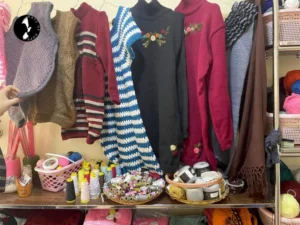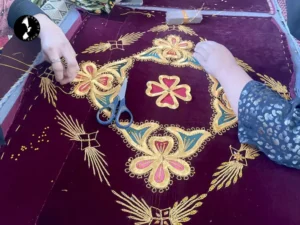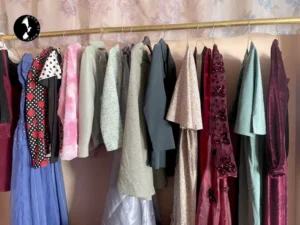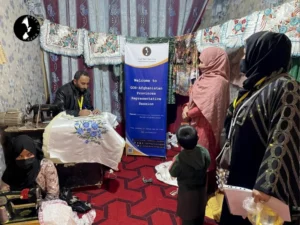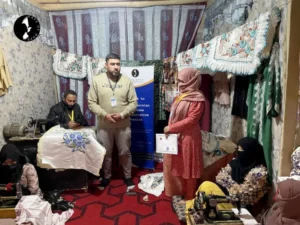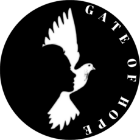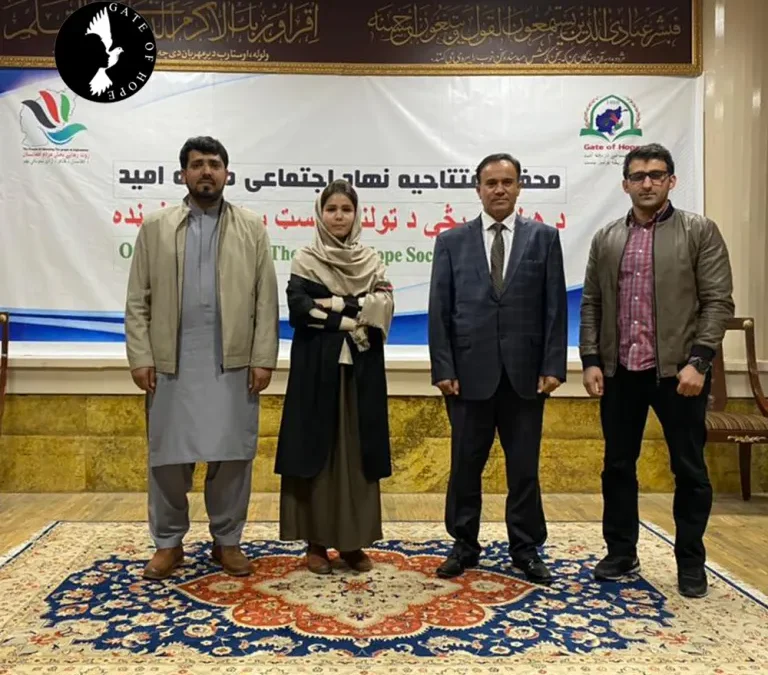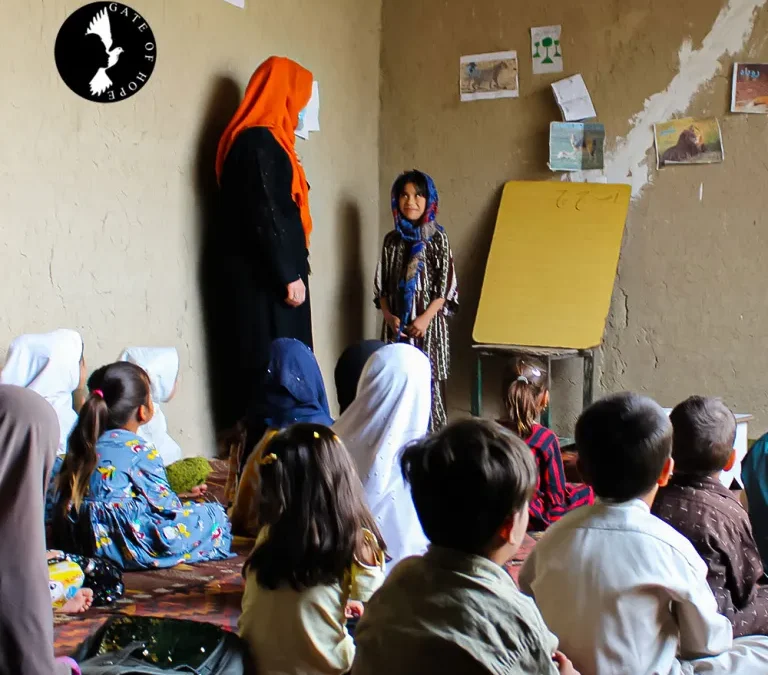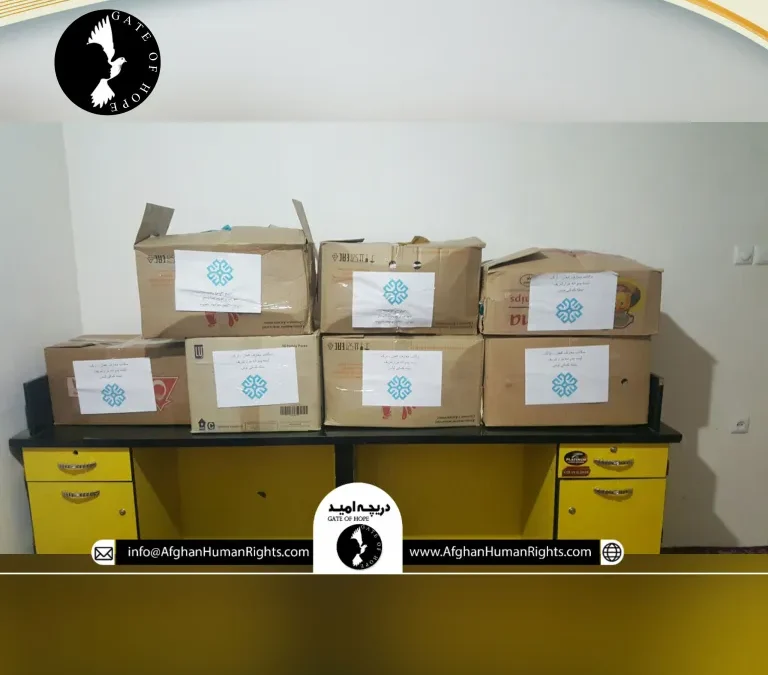Afghanistan, a country with a rich heritage, has faced numerous challenges in its quest for stability and growth. Amidst these trials, initiatives geared towards progress and development are not just necessary but vital. In this context, the role of non-governmental organizations like Gate of Hope Afghanistan (GOH-Afghanistan) becomes increasingly significant. These organizations are not just aid providers; they are catalysts for sustainable change, deeply rooted in the cultural and social fabric of Afghan society.
Gate of Hope Afghanistan (GOH-Afghanistan) stands as a testament to the power of dedicated efforts in uplifting communities. With a mission focused on empowering individuals through education, skill development, and economic support, GOH-Afghanistan has been a pillar of strength for many. Their programs, tailored to address the unique needs of Afghan communities, have made substantial strides in bringing about meaningful change.
The recent visit by Professor Ajmal Aryan and Dr. Mohammad Hamed Yousufzai to the Samangan province is a highlight in the journey of GOH-Afghanistan. Prof. Aryan, known for his expertise in vocational training, and Dr. Yousufzai, a prominent figure in community development, embarked on this visit to evaluate and support the handicraft workshops under the auspices of GOH-Afghanistan.
The province of Samangan, known for its rich history and cultural heritage, is home to five handicraft workshops specializing in carpet weaving, beadwork, and jacket weaving. These crafts are not just art forms; they are lifelines of the Afghan cultural identity and crucial for the local economy. The workshops serve as centers where tradition meets opportunity, providing a platform for artisans to hone their skills and sustain their livelihoods.
During their visit, Prof. Aryan and Dr. Yousufzai observed the vibrant bustle of activities in these workshops. They took a keen interest in understanding the operating systems, the apprenticeship models in place, and the challenges faced by the artisans. One of the key observations was the dedication and skill of the artisans, many of whom are preserving techniques passed down through generations.
The social and economic impact of these workshops is profound. They are not just employment centers but hubs of community interaction and learning. For many artisans, these workshops are a means to earn a dignified living while keeping their cultural heritage alive. Personal stories of participants, like that of Mariam, a young apprentice in carpet weaving, highlight the transformative effect these workshops have on individual lives.
The commendations from Prof. Aryan and Dr. Yousufzai were accompanied by insightful recommendations. They emphasized the need for expanding these initiatives, integrating modern marketing techniques, and exploring global markets to enhance the reach and impact of these crafts. The future plans, as discussed by the leadership of GOH-Afghanistan, include scaling up these workshops and introducing more diverse crafts to cater to a broader market.
The visit by Prof. Aryan and Dr. Yousufzai underscores the significant role of traditional crafts in the socio-economic development of Afghanistan. Their findings and recommendations provide a roadmap for not only sustaining these crafts but also for leveraging them as tools for empowerment and progress.
We invite you to join us in this journey of empowerment and development. Your support for GOH-Afghanistan, whether through donations, volunteering, or simply spreading the word, can make a tangible difference in the lives of many. Together, we can be the beacon of hope that lights up the path towards a prosperous and stable Afghanistan.
Afghanistan, a country with a rich heritage, has faced numerous challenges in its quest for stability and growth. Amidst these trials, initiatives geared towards progress and development are not just necessary but vital. In this context, the role of non-governmental organizations like Gate of Hope Afghanistan (GOH-Afghanistan) becomes increasingly significant. These organizations are not just aid providers; they are catalysts for sustainable change, deeply rooted in the cultural and social fabric of Afghan society.
Gate of Hope Afghanistan (GOH-Afghanistan) stands as a testament to the power of dedicated efforts in uplifting communities. With a mission focused on empowering individuals through education, skill development, and economic support, GOH-Afghanistan has been a pillar of strength for many. Their programs, tailored to address the unique needs of Afghan communities, have made substantial strides in bringing about meaningful change.
The recent visit by Professor Ajmal Aryan and Dr. Mohammad Hamed Yousufzai to the Samangan province is a highlight in the journey of GOH-Afghanistan. Prof. Aryan, known for his expertise in vocational training, and Dr. Yousufzai, a prominent figure in community development, embarked on this visit to evaluate and support the handicraft workshops under the auspices of GOH-Afghanistan.
The province of Samangan, known for its rich history and cultural heritage, is home to five handicraft workshops specializing in carpet weaving, beadwork, and jacket weaving. These crafts are not just art forms; they are lifelines of the Afghan cultural identity and crucial for the local economy. The workshops serve as centers where tradition meets opportunity, providing a platform for artisans to hone their skills and sustain their livelihoods.
During their visit, Prof. Aryan and Dr. Yousufzai observed the vibrant bustle of activities in these workshops. They took a keen interest in understanding the operating systems, the apprenticeship models in place, and the challenges faced by the artisans. One of the key observations was the dedication and skill of the artisans, many of whom are preserving techniques passed down through generations.
The social and economic impact of these workshops is profound. They are not just employment centers but hubs of community interaction and learning. For many artisans, these workshops are a means to earn a dignified living while keeping their cultural heritage alive. Personal stories of participants, like that of Mariam, a young apprentice in carpet weaving, highlight the transformative effect these workshops have on individual lives.
The commendations from Prof. Aryan and Dr. Yousufzai were accompanied by insightful recommendations. They emphasized the need for expanding these initiatives, integrating modern marketing techniques, and exploring global markets to enhance the reach and impact of these crafts. The future plans, as discussed by the leadership of GOH-Afghanistan, include scaling up these workshops and introducing more diverse crafts to cater to a broader market.
The visit by Prof. Aryan and Dr. Yousufzai underscores the significant role of traditional crafts in the socio-economic development of Afghanistan. Their findings and recommendations provide a roadmap for not only sustaining these crafts but also for leveraging them as tools for empowerment and progress.
We invite you to join us in this journey of empowerment and development. Your support for GOH-Afghanistan, whether through donations, volunteering, or simply spreading the word, can make a tangible difference in the lives of many. Together, we can be the beacon of hope that lights up the path towards a prosperous and stable Afghanistan.



